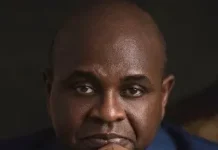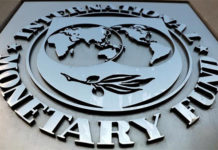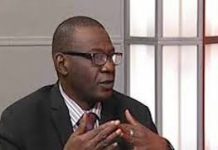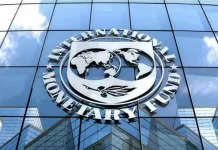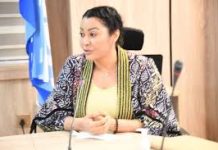The IMF has taken it upon itself to tell Nigeria, the kinds of policies, it should develop and implement for the good of its citizens.
There are things that one would expect the leaders of a nation to know without being told, especially if such a nation is plagued with many challenges like our dear country, Nigeria.
Do policy makers and public office holders actually need the International Monetary Fund (IMF) to spell it out to them like it has just been done?
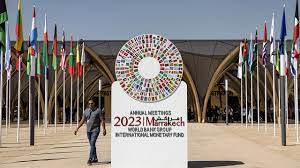
Nigeria is a nation with a high inflation rate and over 200 million citizens but less than 5% of the country’s population are living well.
At a time when the citizens are suffering from the harsh reality of subsidy removal and a devalued currency, the International Monetary Fund (IMF), is giving Nigeria an important advise.
Protect The Poor With Good Policies
The IMF Assistant Director, Fiscal Affairs Department, Era Dabla-Norris, urged Nigeria, to protect the poor citizens from the high cost of living crisis.
Have You Read: African Countries Request For Debt Relief From IMF/World Bank
Dabla-Norris, gave this advise to the Nigerian government at the ongoing World Bank/IMF Annual Meeting in Marrakesh, Morocco.
She urged the Federal Government to complement the fuel subsidy removal with a set of policies that could help lower inflation and protect the most vulnerable citizens.
Dabla-Norris, said “There are a number of programs the government can adopt and implement to make sure the poor and the vulnerable populations are protected”
According to her, “A set of other policies, macroeconomic policies are needed to durably bring inflation down.”
It’s a known fact that the revenue-to-GDP ratio in Nigeria, is quite low relative to other emerging markets and developing countries.
So, increased efforts towards revenue collection will help Nigeria generate more revenue and cover it’s untapped tax potential.
The IMF official said subsidy removal was an important policy that would yield growth in the future.
She however added that this must be complemented with smart policies.
The IMF assistant director said the country’s budget must include policies on education, health, and other sectors aimed at protecting the poor.
Subsidy Removal; A Wise Move
“I think that fuel subsidy reform was an important reform Nigeria undertook, the cost to the budget of having these broad base removal of fuel subsidies is quite significant.
By reducing fuel subsidies, the government has freed up space for other types of spending.
The important thing is to be able to protect the most vulnerable group from higher energy prices.”
She added, “So, from that perspective, this policy creates space, a portion of the revenues.
It can be unpopular, it can be a challenging policy, and I think it was the right one, it was the right decision to make at that time.
Now the key is to be able to target better because most of these policies (fuel subsidies) don’t benefit low-income groups.
Across the world, we’ve seen that fuel subsidies tend to benefit middle or higher-income groups. So the key thing is to prioritize this towards the most vulnerable.
Dabla-Norris, also stated that some of the policies listed by the IMF, could not be achieved on a short-term basis.
She said, “This is something that can not be done magically overnight, but definitely over the medium term.
IMF’s Suggestions On Revenue Collection
Addressing the high debt burden Nigeria is battling with, the IMF official advised Nigeria to increase revenue collection.
She said, “The most important thing would be durable revenue collections because revenue collections are very low in Nigeria relative to other peer countries.
“And this is widely recognized by the government. So that’s one thing.
“The second important component would be to rationalize expenditures, to see what are the priority spending, can spending be cut or reprioritized, this would be another very important thing to do.
“And finally, invigorating growth; Nigeria has tremendous growth potential. It is one of the largest economies in Africa. It has tremendous potential for growth.
You May Also Like: IMF Speaks On Debt Cancellation For Nigeria
“So the kind of structural reforms that are needed, governance, business climate reforms that are needed to catalyze private investment and to durably grow, that would be another important way of bringing debt down.”
Recall that Nigeria’s Minister of Finance, Wale Edun, had on Monday said the Federal Government was planning major tax reforms that would be announced soon.
He spoke about plans to collect tax revenue more efficiently, while also noting that the government had no intention to borrow more funds.

